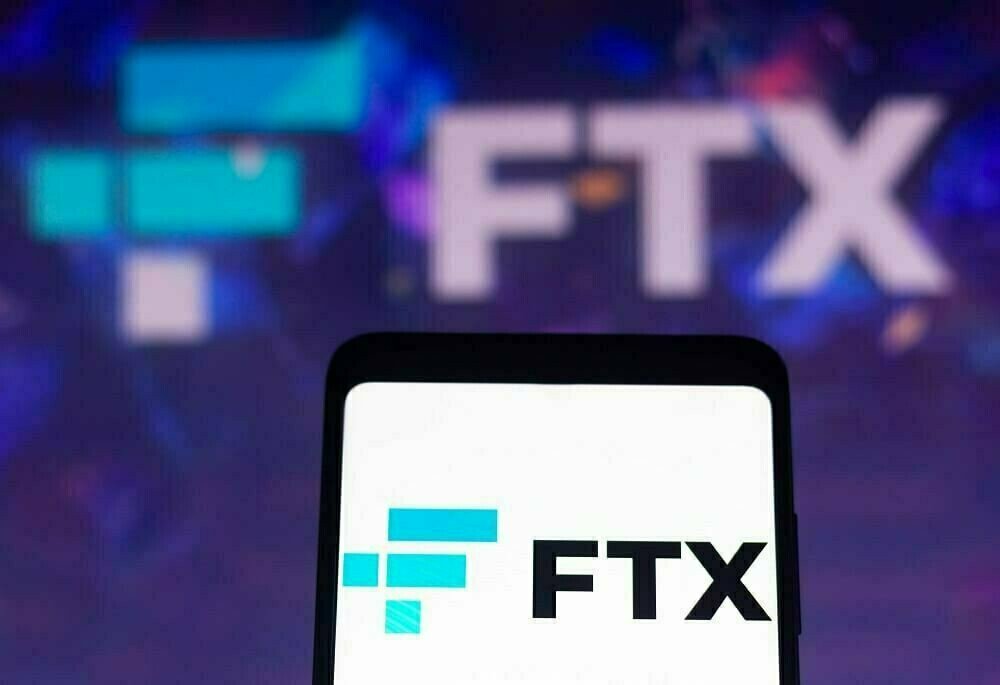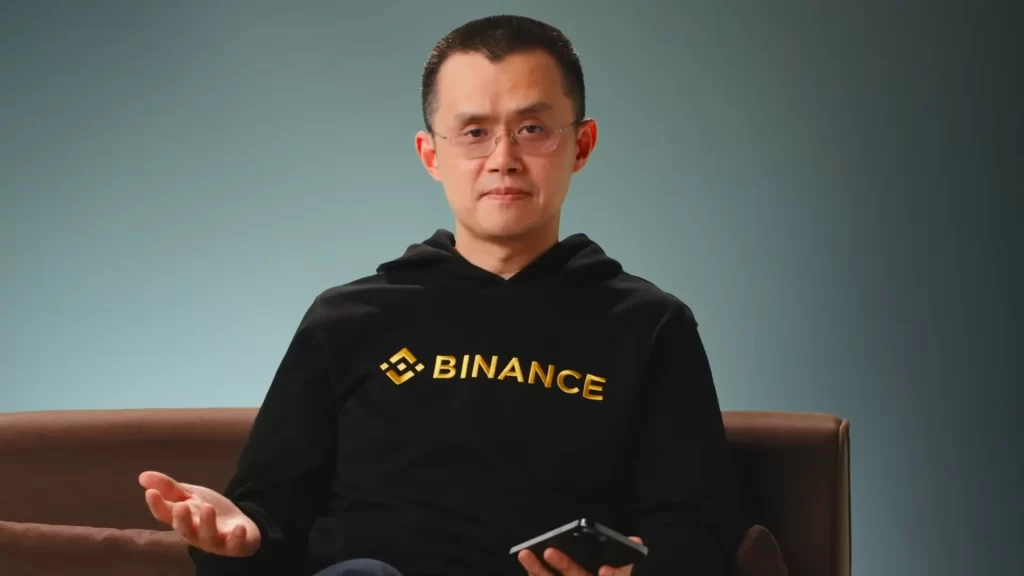Hamburg, Germany, September 30th, 2024, Chainwire
Impossible Cloud Network (ICN), the frontrunner in decentralized cloud infrastructure, announces the forthcoming launch of the Impossible Cloud Network Token (ICNT). The token will fuel ICN’s mission to reshape the global cloud landscape by empowering users to leverage enterprise-grade hardware through a decentralized, accessible ecosystem.
Impossible Cloud’s enterprise platform is exponentially growing and recently surpassed 2 billion client operations generated by 800+ active business accounts. These milestones demonstrate the foundation on which Impossible Cloud Network (ICN) is building its decentralized cloud services, driving an ever-growing demand for the ICNT token and setting new standards for the industry.
Breaking Barriers in Cloud Services
ICN is designed to merge the power of decentralized web3 technology with the demands of web2 enterprises, making it the first true web3-based cloud solution with mass adoption from business customers.
ICNT will be the driving force behind the protocol, enabling secure transactions, rewarding participants, and providing governance capabilities. This isn’t just about decentralizing the cloud – it’s about delivering a faster, more scalable, and more secure solution than ever before.
Dr. Kai Wawrzinek, CEO and Co-Founder of Impossible Cloud, explains: “With ICNT, we’re not only revolutionizing cloud infrastructure – we’re creating a vibrant ecosystem where every participant has a stake in its success. This is the future of the cloud, and the community will play a vital role in its growth and development.”
ICN’s Approach to Building a Decentralized Cloud Protocol
ICN decentralized protocol connects hardware providers and cloud service users in a seamless platform. Whether you’re a business needing on-demand infrastructure or a hardware provider, ICNT facilitates all interactions on the network. SLA oracles play a crucial role in monitoring and ensuring network performance, guaranteeing that service-level agreements are met. The Impossible Cloud Network Protocol (ICNP) serves as the backbone, coordinating between hardware nodes, service providers, and SLA oracles to ensure the cloud is always secure, efficient, and cost-effective.
A Thriving Ecosystem Backed by Real Demand
Building on Impossible Cloud’s exponential growth of over 1 billion client file uploads & downloads in Q3/2024 already (and counting), the launch of Impossible Cloud Network (ICN) marks the next phase in expanding this proven demand into the decentralized cloud space. By using ICNT, participants not only access critical services but actively contribute to expanding the network, earning rewards and potentially influencing key decisions to shape its direction.
ICNT: The Currency of a Decentralized Cloud Revolution
ICNT is more than just a token – it’s the core of ICN’s decentralized cloud economy. From securing network resources to rewarding contributors and facilitating transactions, ICNT is designed to ensure the network’s continuous growth and security. Holders will also be given a voice through governance features, empowering them to shape the future of ICN.
Early adopters and contributors can look forward to exciting incentives, including airdrops and token rewards, further integrating them into the platform – Users cam join ICN’s Discord to learn more.
Users can visit icn.global and get a full understanding of the ICNT token distribution.
The Future of ICN: Community, Milestones, and Strategic Partnerships
ICN’s roadmap is packed with game-changing developments that are set to accelerate its growth and industry impact. Earlier this month, ICN announced a partnership with Aethir, a major player in decentralized GPU compute services. This collaboration enhances ICN’s existing object storage offering, creating a strong synergy that will propel both networks forward, driving innovation and adoption in the space.
“This collaboration with ICN marks a pivotal moment in decentralized infrastructure,” says Mark Rydon, Co-Founder and CSO at Aethir. “By integrating our GPU compute services with ICN’s innovative cloud platform, we’re creating a seamless, scalable solution that will unlock new possibilities for enterprises and developers. Together, we’re pushing the boundaries of what decentralized technology can achieve.”

With a growing community of over 25,000 followers across social platforms, ICN is building strong momentum as it prepares for upcoming milestones, including the launch of testnets, node drops, and token fairdrops.
The launch of ICNT is just the beginning. ICN is committed to expanding its service offerings, building new partnerships, and making decentralized cloud services the go-to solution for enterprises and developers alike. With $18 million raised, ICN is set to become the #1 cloud provider, competing head-to-head with AWS and other centralized giants.
For more information about ICNT and the Impossible Cloud Network, users can visit www.icn.global or join our ICNT’s on X and Discord.
About Impossible Cloud Network
Impossible Cloud Network (ICN) is a decentralized cloud platform that connects enterprise-grade hardware with cloud service providers, leveraging cutting-edge web3 technologies. Founded by successful serial entrepreneurs with a history of major achievements, ICN is already working with real clients and projects, aiming to deliver a new standard in cloud services by ensuring data security, integrity, and availability while reducing costs and enhancing performance for its users.
Contact
web3 Marketing Executive
Sara Teixeira
Impossible Cloud Network
steixeira@impossiblecloud.com










